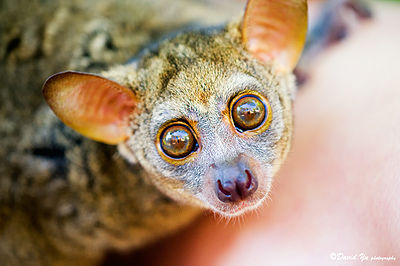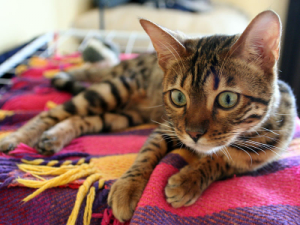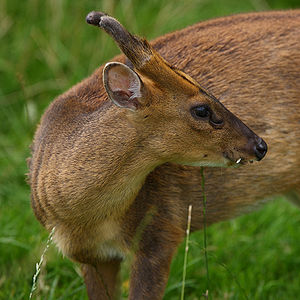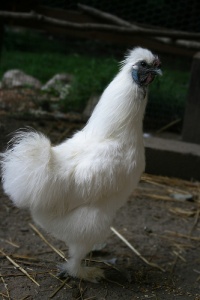
The Bush Baby’s native habitat is the African forests and savannahs, south of the Sahara Desert. They are also known as galapos and they are members of the primate family. In the wild, they live in large groups but hunt alone or in pairs.
Bush Babies have large eyes with bodies that can be 8-18 inches long. Their coats are short and colors are shades of gray to brown with a yellow strip between the eyes. Ears are very large and their hearing is excellent. Bush babies use their fingers and toes to climb and catch prey. They can leap 10 feet and more through tree branches, something to remember when your bush baby is out of the cage. Lifespan is 10-15 years, sometimes longer in captivity.
They are social animals and can be affectionate. Females can be kept together with only one male. Males are territorial and sometimes will fight to the death. This intelligent little pet needs daily attention and playtime to remain happy and healthy. This means playtime out of the cage too. They are clean animals, but males will urinate in their hands and then mark their territory.
Bush Babies require a large, very secure cage, such as a size for a large parrot. Equipment includes branches, ropes, safe non-toxic toys. They are very clever and can learn to open the latch of the cage, so it should be locked. Include a nest box stuffed with sweet, fresh hay. Floor covering can be newspaper or wood shavings. It’s important to keep the cage out of drafts which can be fatal to these animals. The cage should be cleaned several times a week.
Diet consists of chopped fruits and veggies, baby food, live food such as crickets, mealworms, locusts, monkey biscuits, a slice of ZooPreem Primate Diet daily. Always have fresh water available.
The Bush Baby makes a variety of vocalizations, usually at night since they are nocturnal animals. They often sound like a crying baby, hence the name.
As with any pet, do your research before adopting. Make sure you are ready to make a commitment to giving the pet the proper environment, care and interaction.
Traffic in exotic animals has decreased a number of species of Bush Babies and they are on the endangered list. They are also killed and sold for their meat in African markets. If you are considering a Bush Baby as a pet, please keep in mind that their numbers are declining and don’t support wild caught animals.



